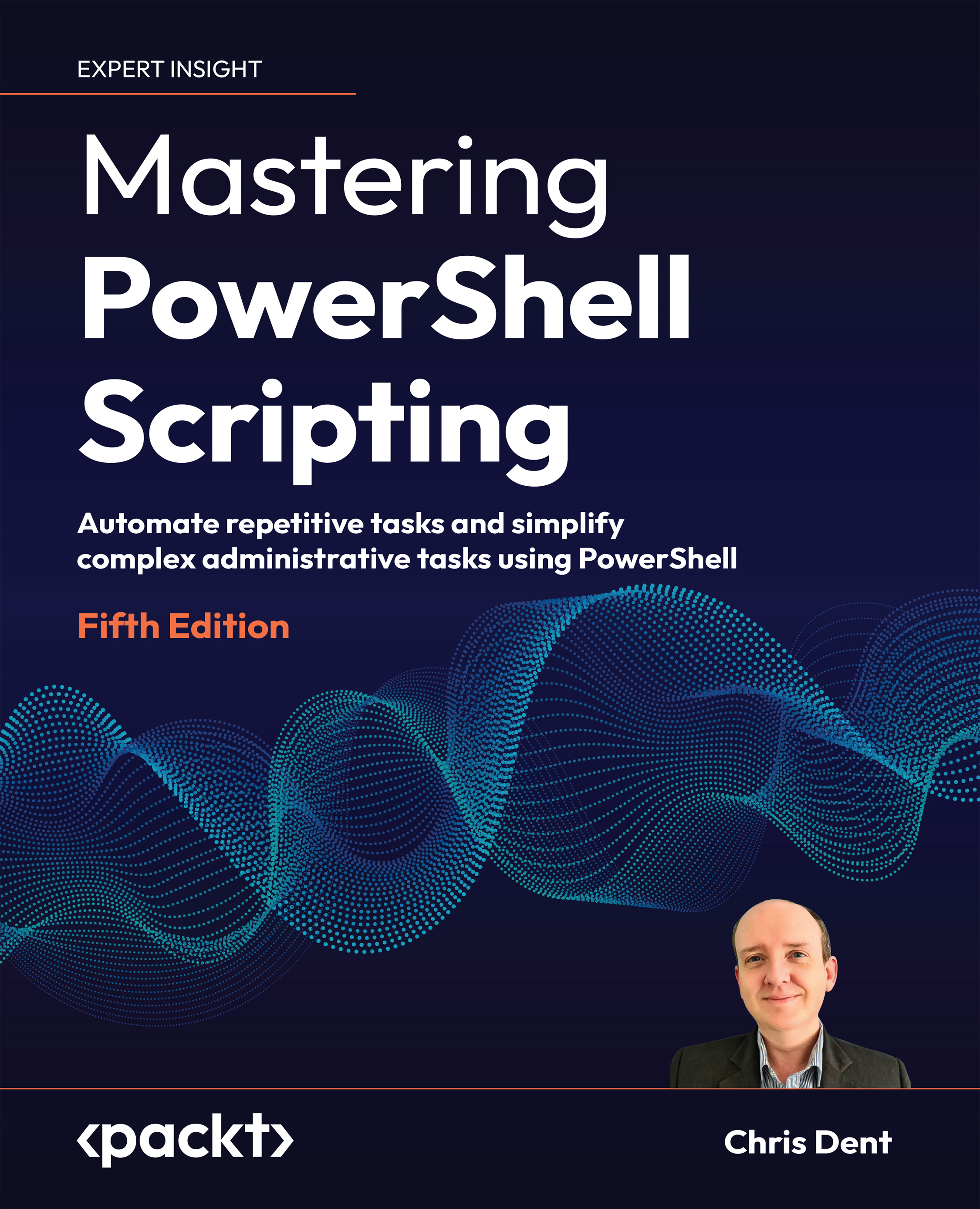Summary
Enumerations in PowerShell are useful for defining customized lists of constant values for use within a script, function, or module. The values in the enumeration can be used if required, or the enumeration can be used as little more than a list of names.
Flag-based enumerations are used when managing flag-based fields. The FileSystemRights enumeration was used as a basis for demonstrating capabilities.
Classes in PowerShell can be used to describe any object. Classes include members such as properties and methods. The hidden keyword can be used to hide either properties or methods from view.
Class inheritance is a vital part of working with classes. One class can inherit properties and methods from another, allowing a layered approach to class implementation with shared code in underlying classes.
Inheritance-style notation is the basis for implementing interfaces from .NET in a class in PowerShell. The IComparable and IEquatable interfaces and the operator...































































